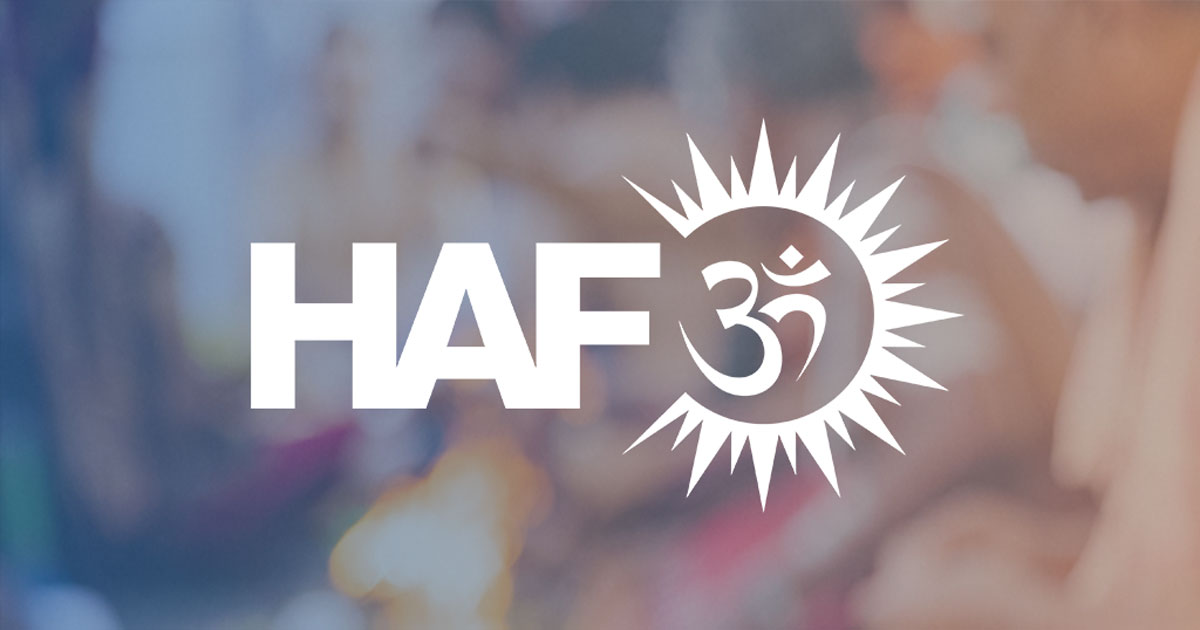This bill will maintain protection of religious practice while ensuring access to children’s welfare service, healthcare, and government services.
WASHINGTON D.C. (5/23/2016) — The Hindu American Foundation (HAF) welcomed the introduction into Congress of the Do No Harm Act, an amendment to the Religious Freedom Restoration Act (RFRA).
Introduced by Congressmen Joe Kennedy III (D-MA) and Bobby Scott (D-VA), with the backing of more than 40 civil rights groups, the Do No Harm Act would, in the words of Rep. Kennedy, “Clarify that no one can seek religious exemption from laws guaranteeing fundamental civil and legal rights. It comes in response to continued efforts across the country to cite religious belief as grounds to undermine Civil Rights Act protections, limit access to healthcare, and refuse service to minority populations. Specifically, the Do No Harm Act would limit the use of RFRA in cases involving discrimination, child labor and abuse, wages and collective bargaining, access to health care, public accommodations, and social services provided through government contract.”
At its heart the Do No Harm Act supports what the history of American legislation and case law has made clear: in a diverse, pluralistic society you cannot use your fundamental freedoms to inflict harm on others or to undermine their basic human and civil rights.
“The Hindu American Foundation supports the Do No Harm Act because protecting the sanctity of the ‘Establishment Clause’ should be the utmost priority of the federal government when seeking to prevent religious discrimination,” said Suhag Shukla, Esq. HAF Executive Director and Legal Counsel. “The Do No Harm Act will prove to be an effective roadblock for businesses, various institutions, and even government agencies that seek to circumvent a founding principle of the United States of America. It’s now incumbent upon both sides of the aisle to ensure its passage.”
In 1993, Congress passed the Religious Freedom Restoration Act in response to a Supreme Court case undermining the rights of religious minorities. In recent years, however, the misapplication of RFRA has been used to deny health care coverage for employees, claim exemptions to civil rights law, and complicate justice in child labor and abuse cases.






































